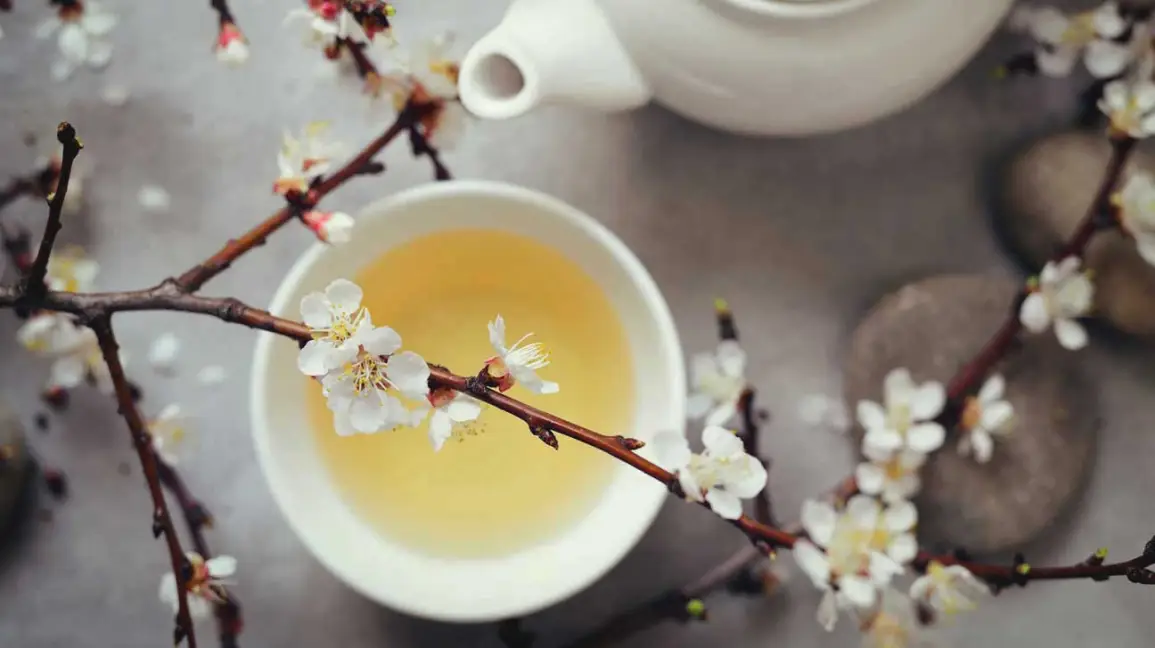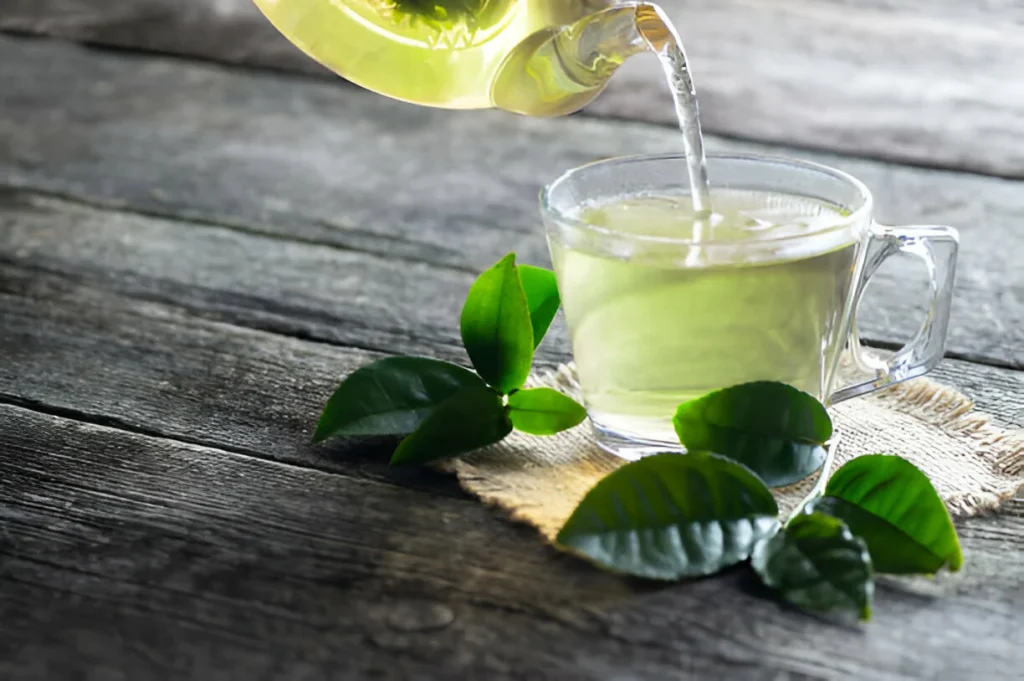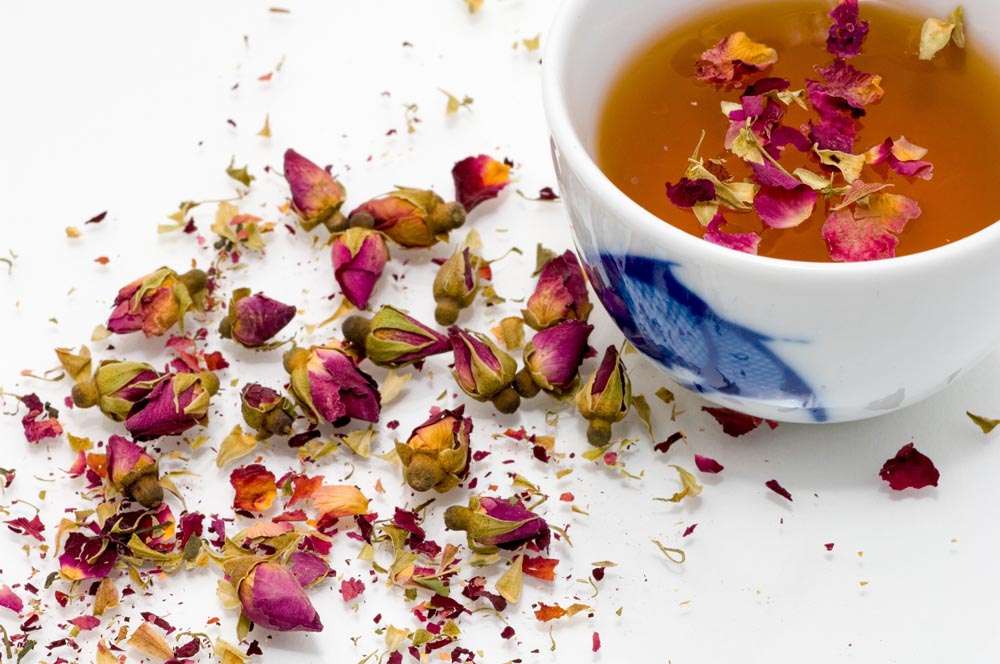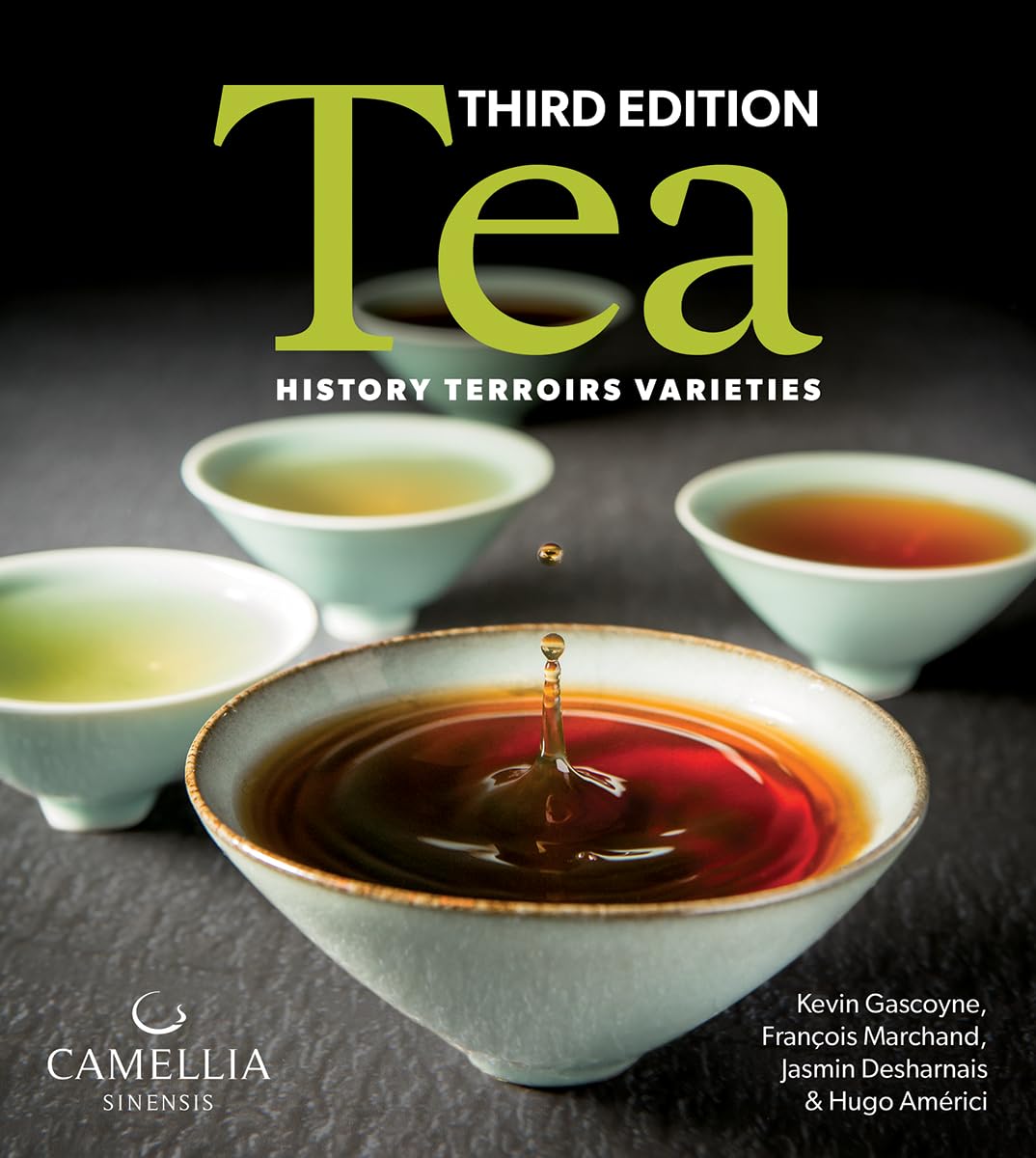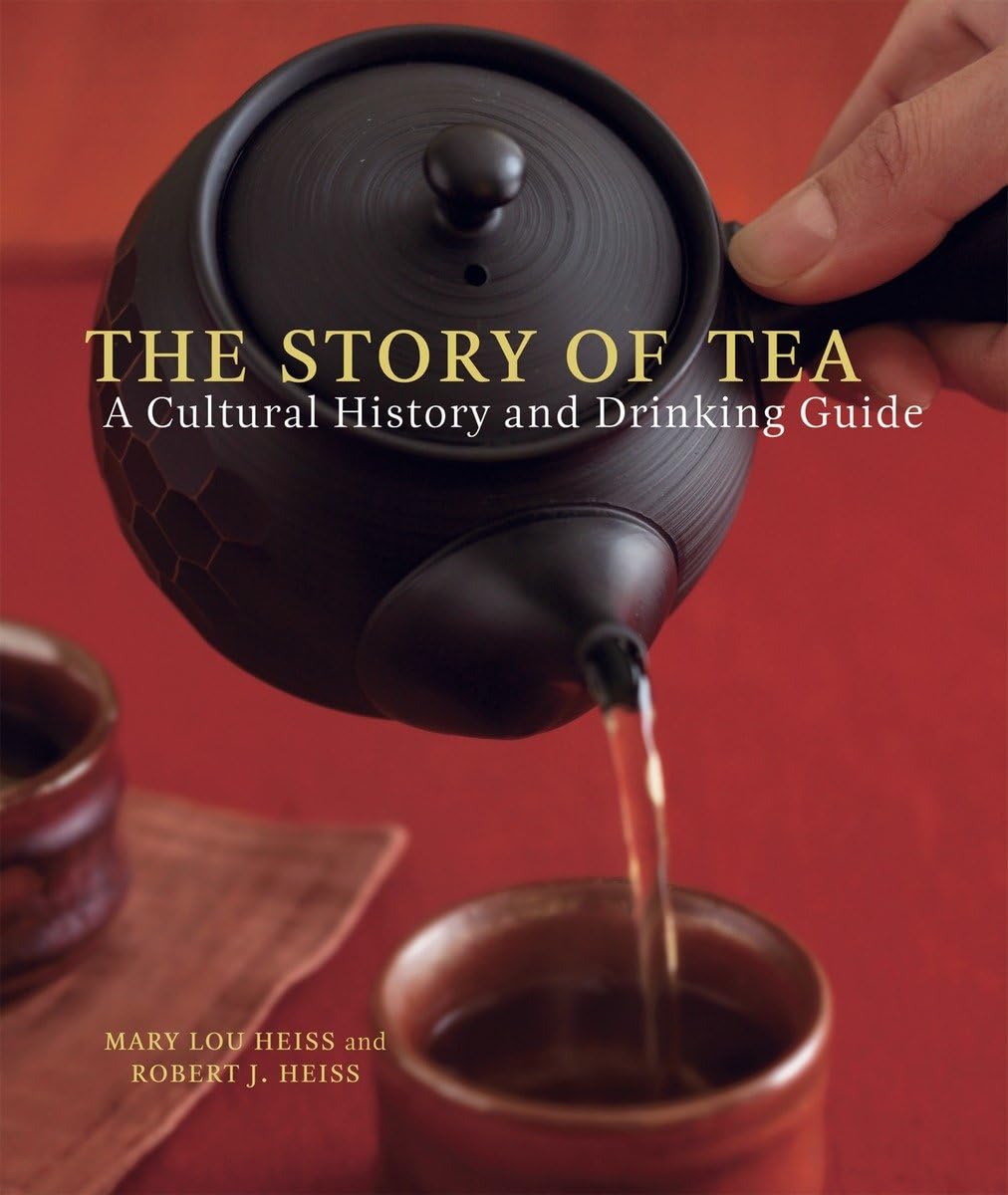All About White Tea: A Delicate Treasure
White tea is one of the most elegant and minimally processed teas available, prized for its subtle flavour, light aroma, and remarkable health benefits. Derived from the Camellia sinensis plant, like green, black, and oolong teas, white tea is harvested at an early stage, using only the youngest buds and leaves. Its simplicity and purity make it a favourite for tea connoisseurs and wellness enthusiasts alike.
Here’s everything you need to know about white tea, from its origins and production to its benefits and how to brew it perfectly.
1. The Origins and History of White Tea
a. Where It Comes From
White tea primarily originates from China, particularly the Fujian province, where it has been cultivated for centuries. It has also gained prominence in regions like India and Sri Lanka, which produce their own unique varieties.
b. Historical Roots
- The earliest records of white tea date back to the Tang Dynasty (618–907 CE), when it was reserved for royalty due to its rarity and labour-intensive production.
- During the Song Dynasty (960–1279 CE), white tea was revered as a tribute tea, celebrated for its pristine appearance and delicate flavour.
2. How White Tea Is Made
White tea undergoes minimal processing, preserving its natural qualities.
a. Harvesting
- The leaves and buds are handpicked during early spring, selecting only the youngest growth.
- The most famous types of white tea, such as Silver Needle, consist solely of young buds covered in fine white hairs.
b. Processing
- Withering: The leaves are laid out to dry naturally under sunlight or in a controlled environment, allowing moisture to evaporate.
- Drying: Once withered, the leaves are gently air-dried to lock in their delicate flavours.
Unlike other teas, white tea is not rolled, oxidised, or heavily processed, giving it its characteristic lightness and purity.
3. Types of White Tea
White tea comes in several varieties, each offering unique characteristics:
a. Silver Needle (Bai Hao Yin Zhen)
- Description: Made exclusively from young, silvery buds.
- Flavour: Subtle, sweet, and floral with a creamy texture.
- Premium Quality: Considered the highest grade of white tea.
b. White Peony (Bai Mu Dan)
- Description: A mix of buds and young leaves.
- Flavour: Slightly stronger and more robust than Silver Needle, with a fruity and floral profile.
c. Long Life Eyebrow (Shou Mei)
- Description: Made from more mature leaves, offering a fuller flavour.
- Flavour: Earthy and sweet with hints of nuttiness.
d. Tribute Eyebrow (Gong Mei)
- Description: A lower-grade white tea, but still light and refreshing.
- Flavour: Balanced and mellow.
4. The Flavour Profile of White Tea
White tea is celebrated for its delicate and refined flavour:
- Taste: Subtle sweetness, mild floral notes, and a silky texture.
- Aroma: Lightly fragrant, often described as fresh or reminiscent of wildflowers.
- Colour: The liquor is pale yellow to light golden.
5. Health Benefits of White Tea
White tea is packed with antioxidants and nutrients, making it one of the healthiest teas available.
a. Rich in Antioxidants
- Contains high levels of catechins, which combat free radicals and reduce oxidative stress.
- Supports healthy skin by protecting against premature ageing.
b. Boosts Heart Health
- May lower bad cholesterol (LDL) and improve cardiovascular function.
- Promotes better blood circulation.
c. Supports Weight Management
- Contains compounds that may increase metabolism and aid fat burning.
- Low in calories, making it a guilt-free beverage.
d. Improves Oral Health
- Contains fluoride and tannins, which help prevent cavities and strengthen teeth.
- Its antimicrobial properties may reduce harmful bacteria in the mouth.
e. Enhances Skin and Hair
- Antioxidants help maintain youthful skin and combat acne.
- Stimulates hair growth and prevents damage to hair follicles.
f. Boosts Immunity
- Strengthens the immune system due to its antibacterial and antiviral properties.
6. How to Brew White Tea Perfectly
Brewing white tea requires care to bring out its delicate flavours.
a. Ingredients
- 2–3 grams of loose-leaf white tea (about 1 teaspoon)
- 250 ml (8 ounces) of filtered water
b. Steps
- Heat Water: Use water between 70–80°C (158–176°F). Avoid boiling water, as it can scorch the leaves and result in bitterness.
- Add Tea: Place the tea leaves in a teapot or infuser.
- Steep: Pour the water over the leaves and steep for 3–5 minutes. Adjust the steeping time for a stronger or lighter brew.
- Serve: Strain the tea into a cup and enjoy it plain to appreciate its natural flavours.
c. Tips
- Use loose-leaf white tea for the best experience, as tea bags often contain lower-grade tea.
- Reuse the leaves for multiple infusions; white tea develops subtle new notes with each steep.
7. Pairing White Tea with Food
The lightness of white tea pairs well with subtle and mildly flavoured foods:
- Breakfast: Light pastries, croissants, or scones.
- Snacks: Fresh fruits, especially berries, pears, or melon.
- Meals: Delicate dishes like steamed fish, salads, or sushi.
- Desserts: Mildly sweet treats like shortbread cookies or sponge cakes.
8. White Tea vs. Other Teas
| Aspect | White Tea | Green Tea | Black Tea |
|---|---|---|---|
| Processing | Least processed | Lightly oxidised | Fully oxidised |
| Flavour | Delicate, floral | Fresh, grassy | Bold, malty |
| Caffeine Content | Lowest | Moderate | Highest |
| Health Benefits | High antioxidants | Supports metabolism | Boosts energy |
9. Sustainability and Storage
a. Storage Tips
- Store white tea in an airtight container away from light, moisture, and strong odours.
- Keep it in a cool, dry place to preserve its delicate flavour and aroma.
b. Sustainable Practices
- Choose ethically sourced white tea from reputable producers to support sustainable farming.
10. Why Choose White Tea?
White tea offers a gentle, luxurious tea experience that appeals to both the senses and the body. Whether you’re new to tea or a seasoned enthusiast, its subtle complexity, health benefits, and calming qualities make it a standout choice for any tea lover.
Conclusion
White tea is a testament to the beauty of simplicity. With its minimal processing, delicate flavour, and array of health benefits, it embodies both elegance and wellness. Whether you enjoy it as part of a mindful morning routine or a relaxing evening ritual, white tea is a timeless choice that offers a unique connection to nature and tradition. Brew a cup, savour its subtle charm, and let it become a cherished part of your day.
